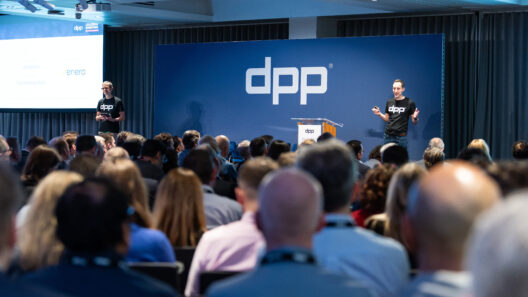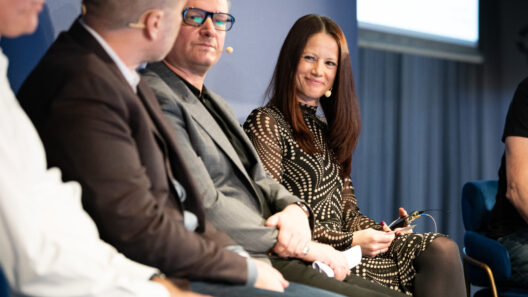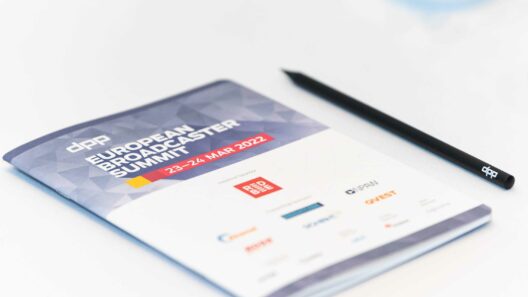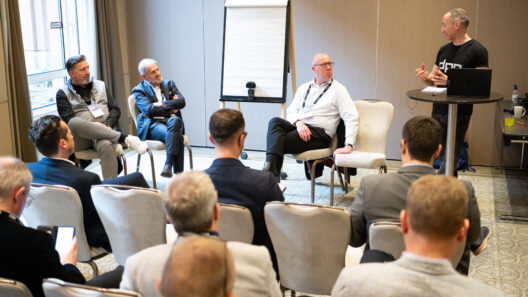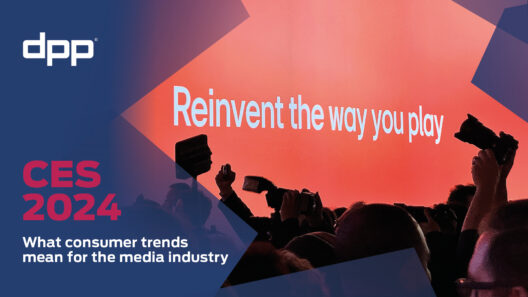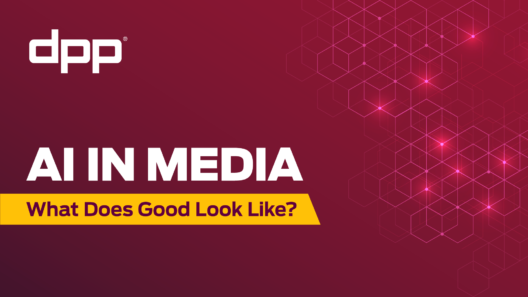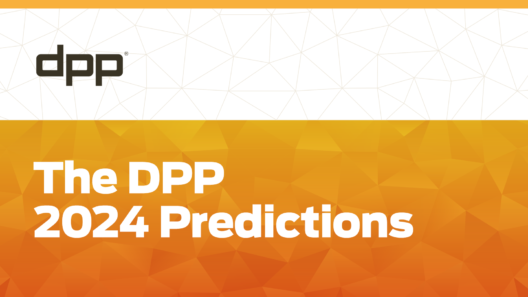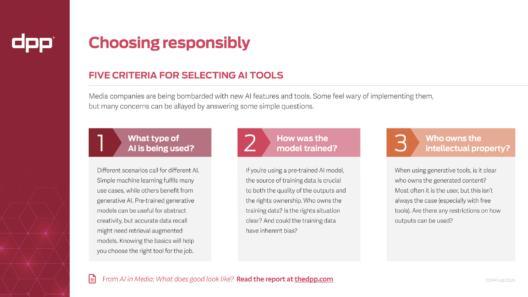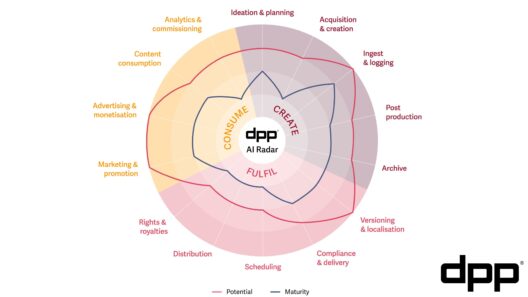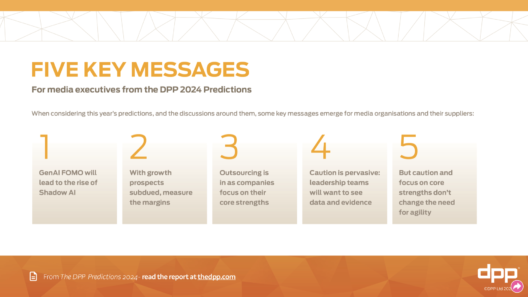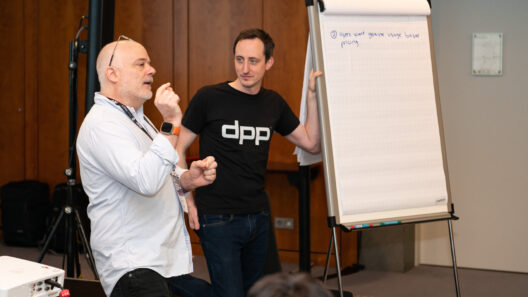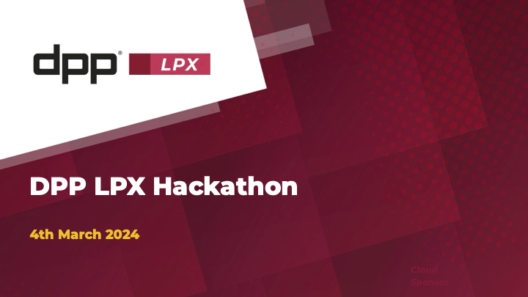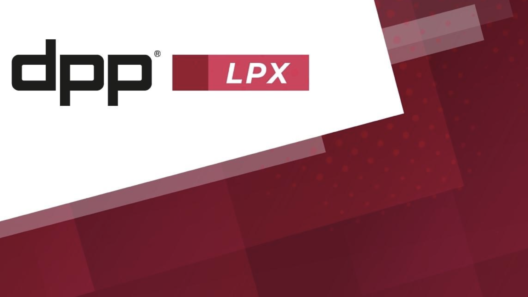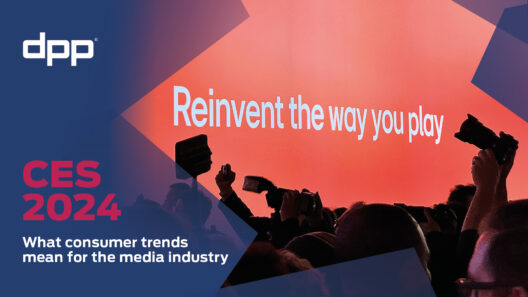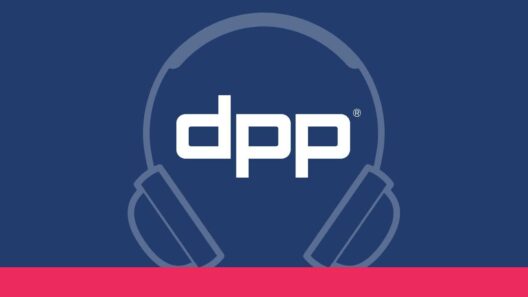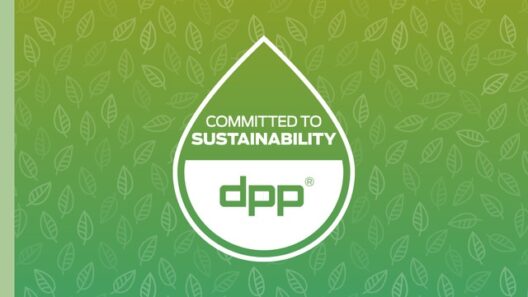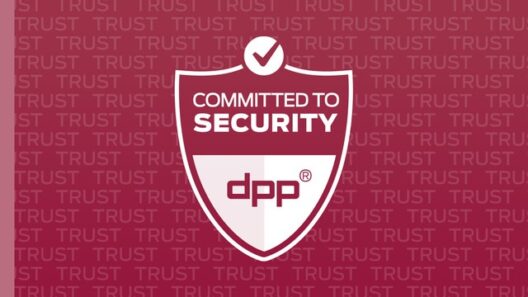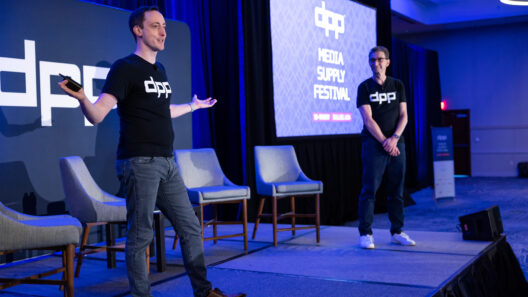
Book a bespoke briefing to learn more about what attitudes to standards mean for your organisation.
DPP members say they want standards to be free from royalty and licence fees. But they are also prepared to pay to implement a standard defined by a broad consortium of peers, ahead of a free alternative controlled by one company.
That is one of the contradictions in attitudes towards standards and standards bodies cited by DPP CTO Rowan de Pomerai during a session at the DPP’s Espresso Summit on Friday 9 September 2022 ahead of the IBC conference in Amsterdam.
Rowan was introducing a preview of an upcoming DPP insight project, The Truth About Standards, which will be published in October.
The report is based on the responses from over 200 DPP members to a comprehensive survey. It combines extensive quantitative research about which standards are being implemented, and in which areas, with qualitative commentary and insight from senior tech practitioners working across the media spectrum.
The report’s author and research team, CTO Rowan de Pomerai and Lead Technologist Mark Pascoe, are available to provide bespoke briefings to member organisations who wish to better understand what attitudes to standards across the media and entertainment industry mean for their business. To find out more, contact Mark here.
Standard bearers
Rowan shared how there is still a demand and expectation for formality when it comes to standards.
“Media companies demonstrated a preference for standards published by a recognised Standards Development Organisation, where the implementation is free from licence fees, a wide range of stakeholders contributed to its development, and with no patents on the underlying intellectual property,” Rowan says.
Standard deviation
But, DPP members also shared frustrations.
“Bloated standards crafted by a standards body are a pain to work with,” one respondent commented.
“Despite the standards organisations, we all have our own standards,” added another.
“Bloated standards crafted by a standards body are a pain to work with”
It’s a numbers game
To really drill down into attitudes and sentiments, Rowan and Mark offered respondents a series of binary choices about their preferences in The Truth About Standards survey.
Here, DPP members provided a clearer picture about what they really think. And sometimes offered contradictory views to their previous responses.
Ultimately, bigger is better in terms of development and implementation. And with the caveat that greater adoption broadly trumps the number of organisations involved in setting a standard.

A standard designed by a larger consortium that costs money to implement is preferable to one which is controlled by one company but available for free. A standard created by 25 companies and published as open source was chosen as more popular than one created by three companies and published by a standards development organisation.
And respondents would choose a standard developed by one organisation but implemented by 100 ahead of one created by a standards body and implemented by 5-10 organisations.
Rowan describes this as a chicken and egg situation.
“No vendor implements a standard without a customer requirement,” he says. “Yet no customer calls for a standard to be implemented without vendor support.”
A pragmatic approach
Interoperability is increasingly crucial to an effective global media supply chain. And most DPP members feel that standardisation is an important part of interoperability. But they also tell us that standardisation processes can be slow, political, and difficult to navigate.
Rowan advises a flexible and pragmatic approach to standards to navigate the software-defined, digital business landscape of the 2020s. Standards that are simple rather than perfect, and which start small and are immediately useful; rather than trying to tackle the mega challenges of standardising APIs and metadata structures.
The Truth About Standards is supported by Lead Sponsor Ross Video.
To learn more about attitudes towards standards across the media supply chain and what they mean for your organisation, contact Mark Pascoe and Rowan de Pomerai for a bespoke briefing.
Get involved
To find out more or to get involved with this work, please contact:
If your company is not a DPP member, you can learn more about the benefits of membership, or contact Michelle to discuss joining.
If your company is not a DPP member, you can learn more about the benefits of membership, or contact Michelle to discuss joining.
